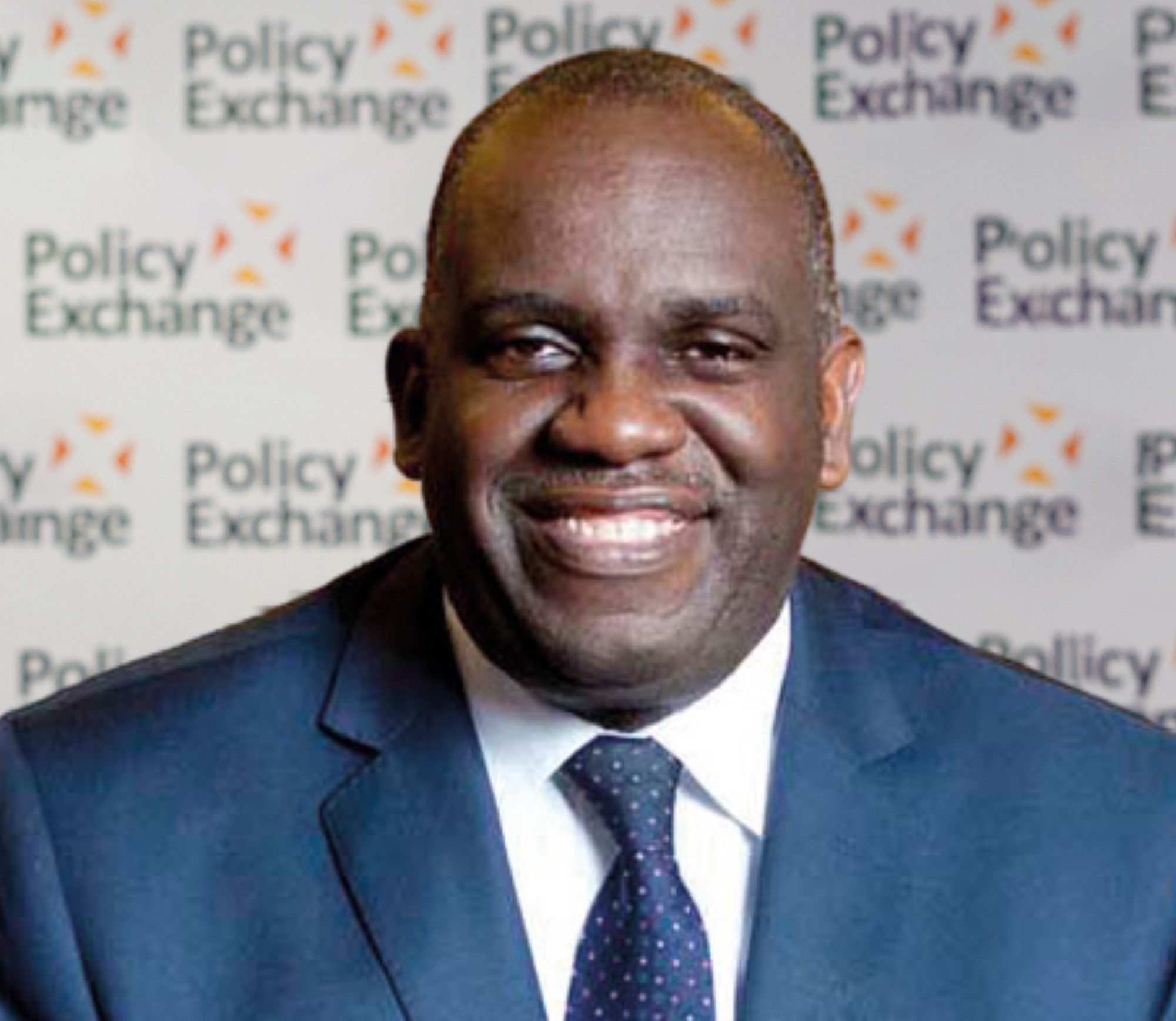After the depressing Windrush stories of patriotic Caribbean soldiers being harassed for lack of documents they never knew they needed, the royal wedding’s tapestry of positive images of black Britons was a welcome relief.
The Windrush scandal was leapt upon by zealous Remainers as further evidence that Brexit Britain was turning mean-spirited and xenophobic with the implication that no person of colour could possibly support such a cause. Actually around one third of ethnic minority voters backed Brexit for the same reason as our white fellow citizens: worries about the erosion of national identity and national democratic accountability.
If the vote for Brexit was not driven by racism, what was the real motivation? It seems more plausible to point to our many divisions reflected in education, housing, employment opportunities, economic geography and an identity politics that painted all white people as the racially unwashed.
And, now, sweet vindication! Even the liberal commentators are having to acknowledge that post-Brexit the country has become more welcoming to migration not less. As Michael Gove put it in his speech to the Policy Exchange conference on unionism on Monday: “The act of taking back control has allowed British citizens to show they can be more welcoming to new arrivals if allowed to be rather than required to be.”
For nearly two decades, between 25 per cent and 50 per cent of voters named immigration as one of their biggest concerns. In the run up to the Brexit referendum it was around 40 per cent—it now stands at a 15 year low at less than 20 per cent.
That will partly reflect the fact that immigration is in fact falling quite sharply but it is not just about numbers, it is also about sentiment: more than half of voters see immigration as good for the economy compared with around a quarter in 2002 and more people think that it enriches our culture than did so in the early 2000s.
Of course many people, including many ethnic minority Britons, still think that immigration has been too high in recent years and want to see it return to more modest levels—minorities often face the most competition from the newest wave of arrivals and have a strong vested interest in social stability.
If the zealous Remainer can no longer point to extreme anti-immigration attitudes to traduce the Brexit decision, they will point to the rising tide of hate crime. But even here the facts don’t support them. There was a bad spike in incidents in the three months after the Brexit vote when some real xenophobes did feel empowered to harass before the number returned to its previous level. And thanks to welcome encouragement to report all incidents the numbers of reported incidents has been rising sharply in recent years.
But the evidence of the courts and, more importantly, the Crime Survey for England and Wales suggests that at worst the actual extent of hate crime is static and it may even be falling. Several incidents that were reported as examples of extreme hate crime—including the death of a Polish man in Harlow—turned out to be nothing to do with Brexit or xenophobia.
Rap performer Akala, who recently appeared on BBC Question Time, said : ‘I believe there’ll be a very significant economic downturn , I think, ironically, poor people – a lot of the people who voted ‘leave’ – will be the hardest hit by that. It’s also given legitimacy to a kind of 1970s style bigotry. ‘
But we haven’t seen the downturn and as someone who witnessed the bigotry of the seventies, we are in a completely different world. Akala has set up the very British ‘Hip-hop Shakespeare company’, he has managed to bring the work of a great white male poet to a wider audience. He is taking Shakespeare away from the elite and back to poor people. Brexit is kind of doing the same thing in politics, and giving us a chance for a new start.
People suffer from confirmation bias and will see the world as they expect it to be: more than twice as many remain voting Sikhs, for example, claimed to have experienced harassment last year as Sikhs who voted for Brexit.
Nonetheless only the truly biased can now claim that Brexit was driven by an outpouring of chauvinism and white supremacism.

